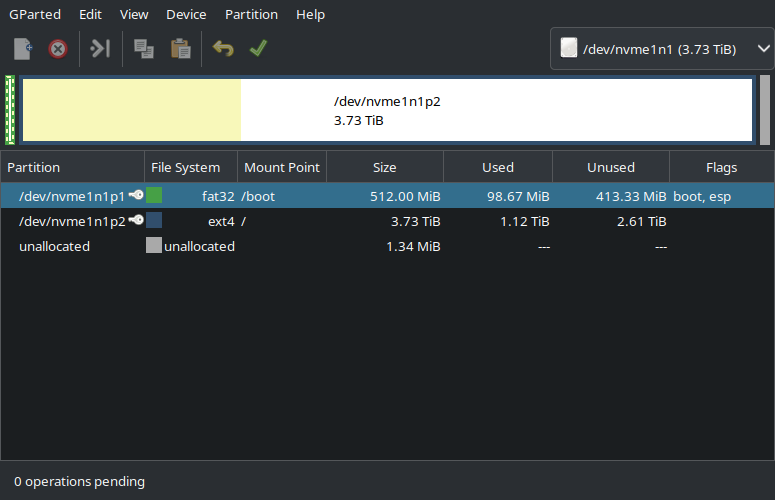For those not in the know, “Trusted Computing” is a very specific THING and maybe not what you’d expect, https://en.wikipedia.org/wiki/Trusted_Computing
TC is controversial as the hardware is not only secured for its owner, but also against its owner, leading opponents of the technology like free software activist Richard Stallman to deride it as “treacherous computing”,[3][4] and certain scholarly articles to use scare quotes when referring to the technology.[5][6]
You can pretty much guess where I land.
a backup of your bitlocker key is in your Microsoft account, and normally nowhere else. It’s pretty easy for Microsoft to lock you out of your ow computer and data completely, if they wanted.
You make a good point, I’m missing the forest for the trees. Why even bother theorizing that BitLocker may be compromised when they’re removing local accounts for consumers and forcing the key to be uploaded to their servers anyway?









I appreciate him trying to drum up excitement for the terminal. A lot of people are afraid of it and I understand why, but you don’t need to know everything about it in order to benefit from it.
I wanted to post some Trackmania replays to Bluesky when they first rolled out video, but they only supported up to 50MB. I dreaded having to open kdenlive, figure out how to work the GUI and then also possibly have to do some terrible math to balance size and quality. Maybe this is easier than I expected, but I found this: https://unix.stackexchange.com/questions/520597/how-to-reduce-the-size-of-a-video-to-a-target-size
ffmpeg_resize () { file=$1 target_size_mb=$2 # target size in MB target_size=$(( $target_size_mb * 1000 * 1000 * 8 )) # target size in bits length=`ffprobe -v error -show_entries format=duration -of default=noprint_wrappers=1:nokey=1 "$file"` length_round_up=$(( ${length%.*} + 1 )) total_bitrate=$(( $target_size / $length_round_up )) audio_bitrate=$(( 128 * 1000 )) # 128k bit rate video_bitrate=$(( $total_bitrate - $audio_bitrate )) ffmpeg -i "$file" -b:v $video_bitrate -maxrate:v $video_bitrate -bufsize:v $(( $target_size / 20 )) -b:a $audio_bitrate "${file}-${target_size_mb}mb.mp4" } ffmpeg_resize file1.mp4 25 # resize `file1.mp4` to 25 MB ffmpeg_resize file2.mp4 64 # resize `file2.mp4` to 64 MBI’m not proficient in bash enough to have written this myself, but even I can glance over this and see it’s just doing some math for me while invoking two programs: ffprobe and ffmpeg. Easy peasy.
I put this in my ~/.bashrc and use it all the time now, it’s almost silly how simple this has made things. I get why nerds get super attached to their profiles now, I’m collecting a bunch of scripts and functions that just make life easier.
Currently I’m working on writing some scripts with ratbagctl (https://github.com/libratbag/libratbag) so when I launch a game through Steam it’ll automatically set my Logitech mouse profile for that game. You know, the thing the Logitech mouse software makes you sign up for an account and connect to the internet for. All of the control, none of the bloat 😝